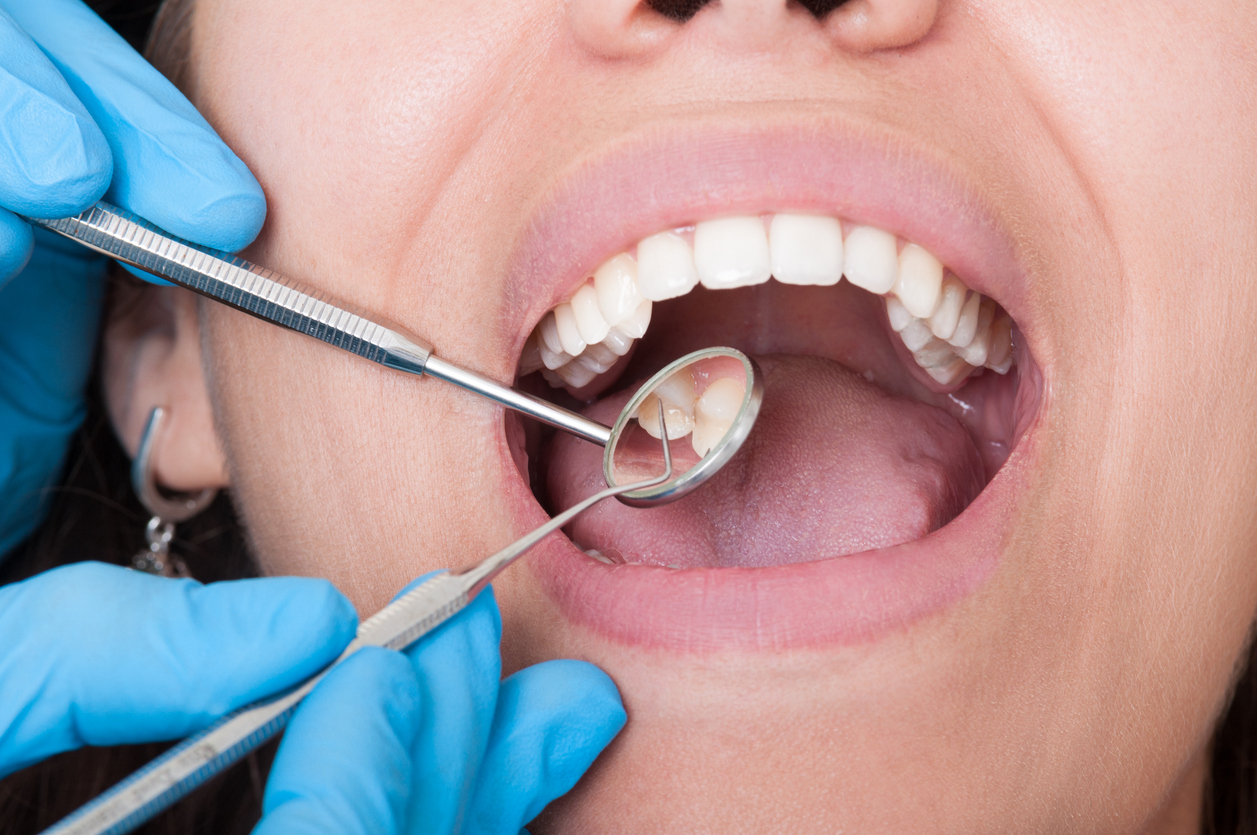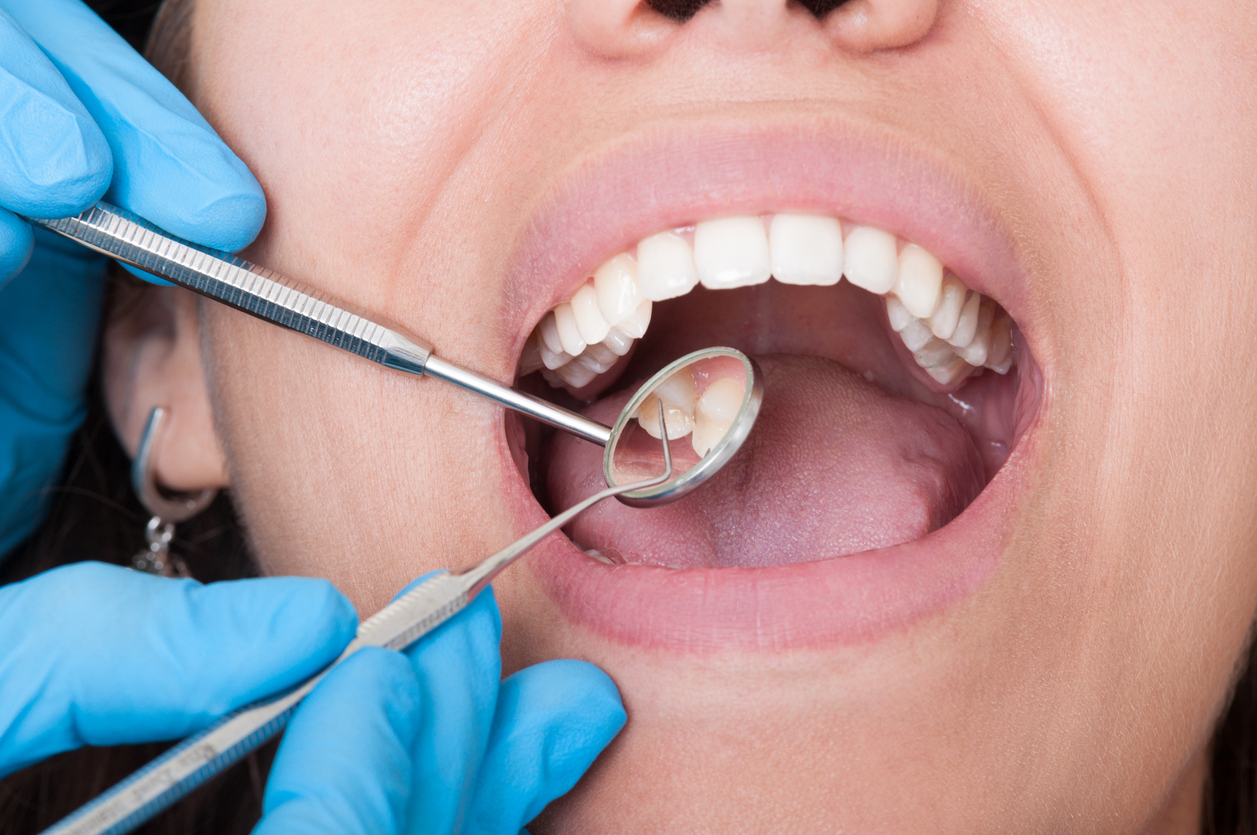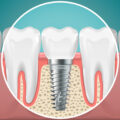The condition of your teeth and gums depends on many factors. Proper oral hygiene is deemed one of the most important parts of oral care. If you want to have a healthy oral cavity, you need to brush and floss your teeth thoroughly, since the bacteria in your mouth can lead to the development of various diseases. In this article, we have gathered seven oral issues that can be caused by poor oral hygiene.
1. Bad breath
Bad breath, also known as halitosis, is a quite common issue for many people. There are a lot of factors that can make your breath smelly. The most common of them include poor oral hygiene, the consumption of sweets and smelly foods, problems with digestion, and certain oral issues. If you don’t brush your teeth twice a day and neglect your flossing routine, the bacteria in your mouth start to multiply actively and create an unpleasant odor.
2. Tartar accumulation
Tartar is a calcified deposit that occurs on the teeth from dental plaque. It develops when you don’t brush your teeth for several days in a row or don’t brush and floss your teeth thoroughly. Tartar accumulation is not just an aesthetic problem since it irritates gums and promotes bacterial overgrowth that can lead to gum disease. Thorough tooth brushing and in-office dental cleaning can help fight tartar and its complications.
3. Tooth discoloration
The foods and drinks you consume often contain pigments that can stain your tooth enamel. If you don’t remove them from the surface of your teeth, your tooth enamel can become dark. Additionally, poor oral hygiene in combination with the consumption of acidic foods and drinks creates a sour environment in your mouth that makes your tooth enamel softer and more susceptible to pigments.
4. Gum recession
Gum recession is a condition in which the gums detach from the teeth and shrink. As a result, the part of your tooth that was hidden under the gum becomes exposed. This condition can occur because of poor oral hygiene, aggressive tooth brushing, vitamin C deficiency, and smoking. Symptoms of gum recession include long teeth, sensitive teeth, and loose teeth. If you don’t visit a dentist in time, advanced gum recession can make your teeth fall out.
5. Enamel wear
Enamel wear, also known as enamel erosion, is a condition in which tooth enamel becomes thin or completely worn out. Even though tooth enamel is deemed the hardest tissue in the human body, there are certain factors that can destroy it. The most common causes of enamel erosion include poor oral hygiene, teeth grinding, increased consumption of acidic foods and drinks, acid reflux, aggressive tooth brushing, and using a toothbrush with stiff bristles.
6. Gum disease
Gum disease is an inflammation that occurs in gums. This condition is caused by poor oral hygiene. However, some people are more prone to develop this condition. The most common risk factors for gum disease are smoking, diabetes type 2, poor nutrition, hormonal imbalance, and a family history of gum disease. In the initial stage (gingivitis) gum disease can cause gum bleeding, swelling, redness, and tenderness, as well as bad breath and gum recession. In the late stage (periodontitis), it can manifest through loose teeth, gum pockets, pus between the teeth, and tooth loss.
7. Tooth decay
Tooth decay is one of the most health issues. It develops when the number of bacteria in your mouth increases significantly. This is because cavity-causing bacteria produce acids that soften and remove your tooth enamel. Symptoms of tooth decay include a hole in the tooth, toothache, bad breath, and tooth sensitivity. Proper oral hygiene and a healthy diet can help prevent the development of tooth decay.







































No Comments